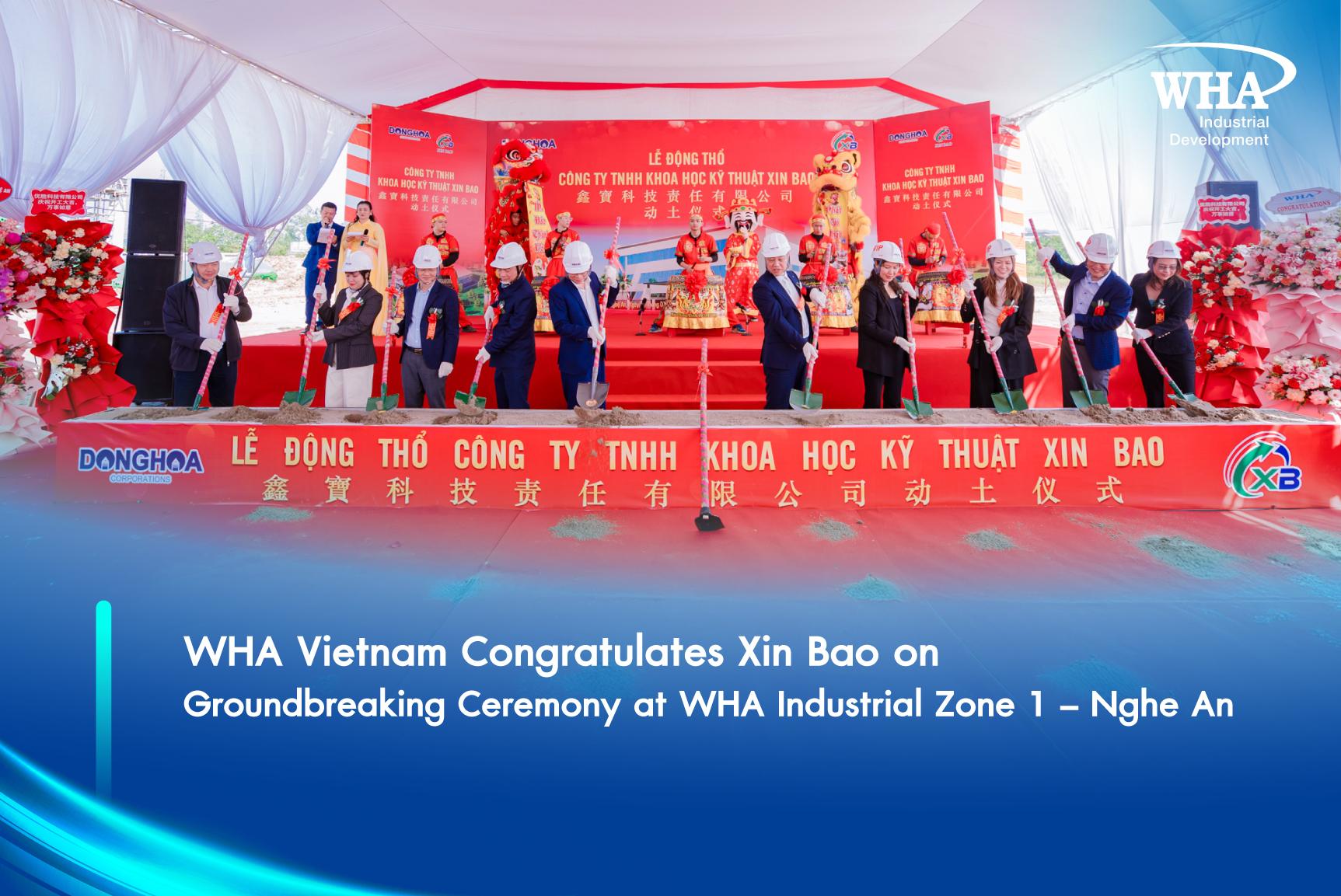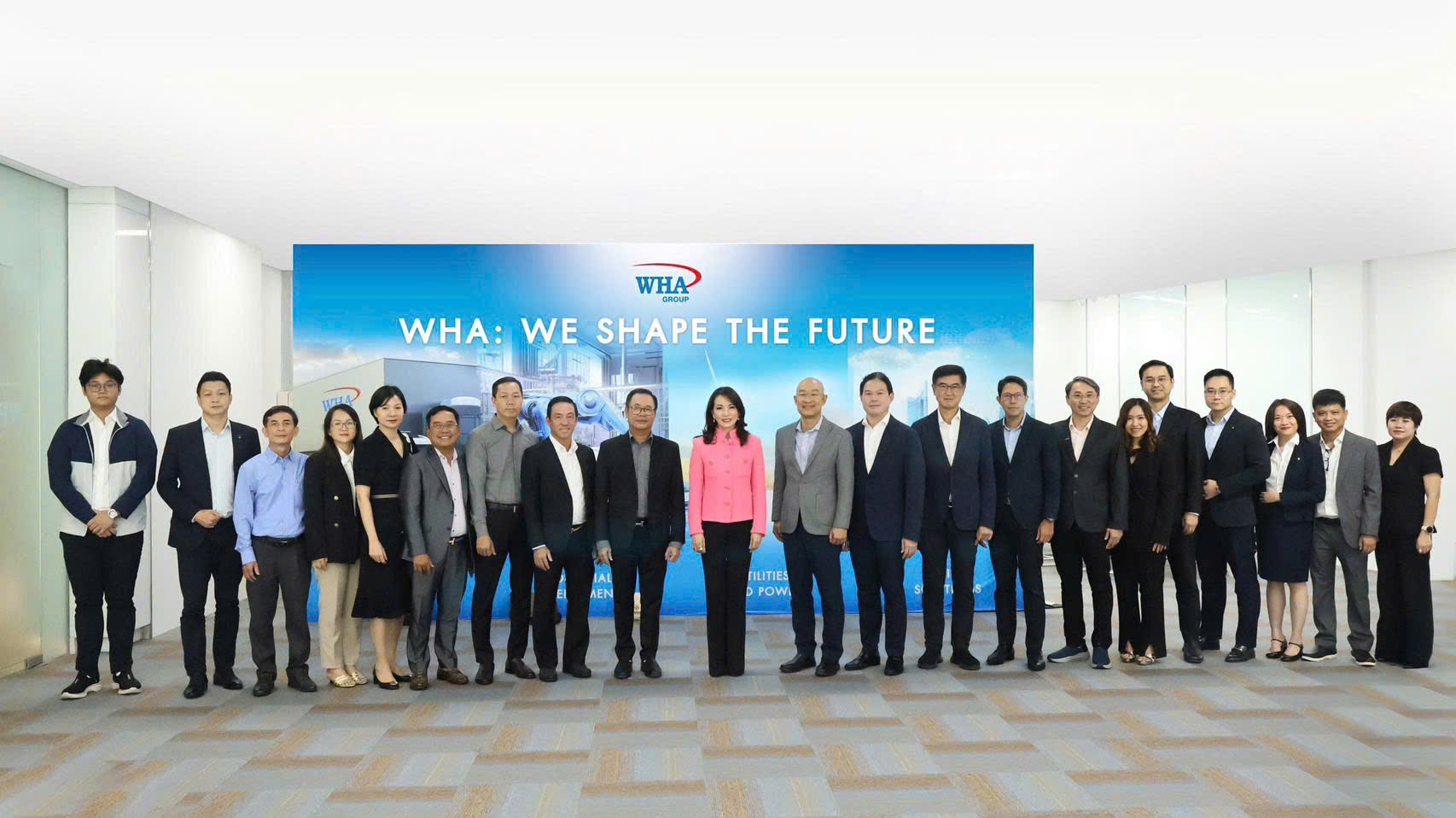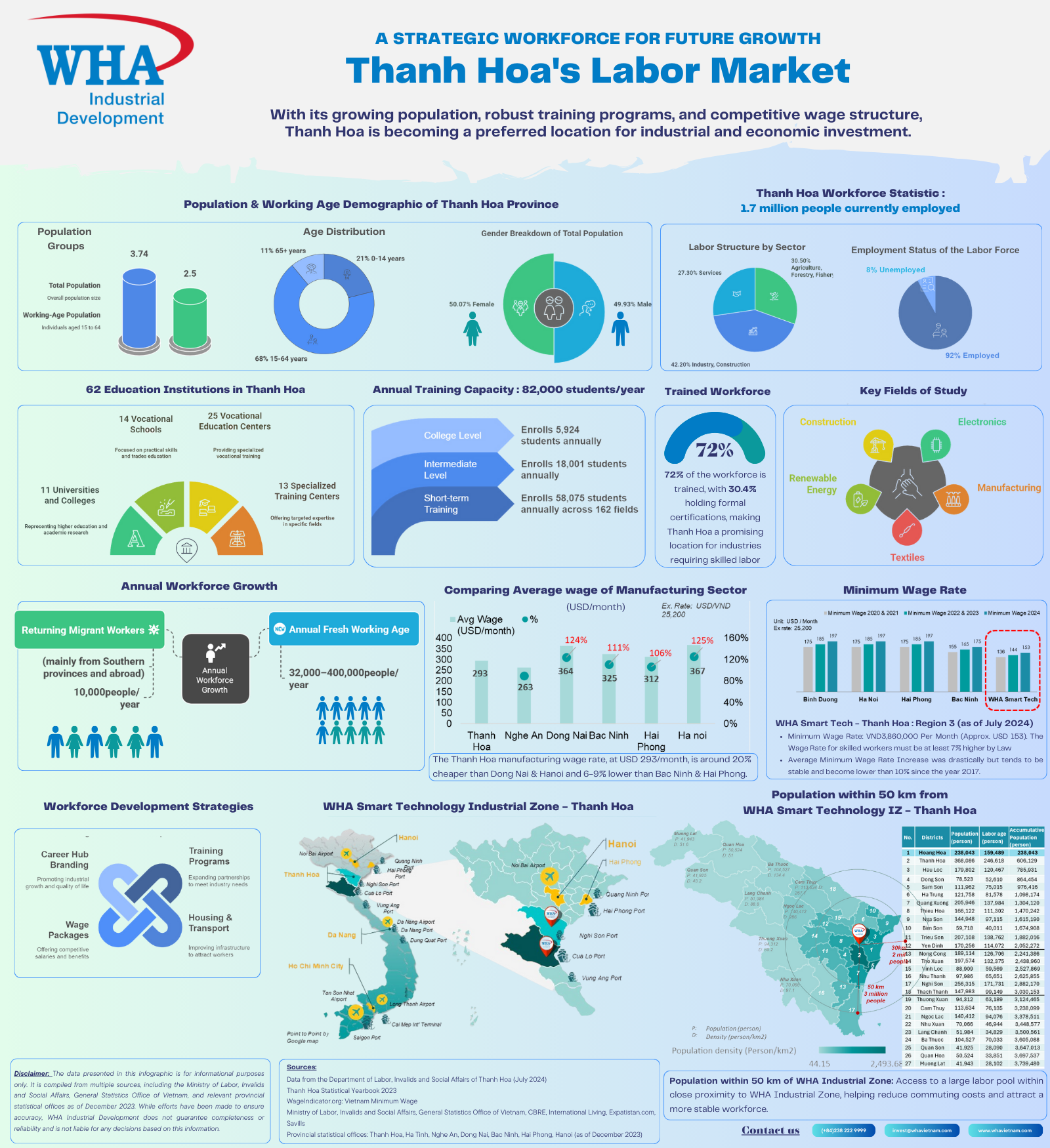How To Invest In Vietnam – The Way For The Foreign Investors To Enter The New Market
Nov 29, 2022
Vietnam - A market considered an economic spotlight in Southeast Asia showing dynamism and the potential for industrial growth. Vietnam has been giving a great attraction for the foreign investors. Then the question is how to invest in Vietnam? What should be noted and what are the steps? An overview of how investors can get ready to enter this dynamic market is given in the article.
With this great attraction for foreign investors, how to invest in Vietnam?
Regulations on the proportion of the foreign investors' capital when investing in Vietnam will be applied based on sectors and profession groups. The next step is the business registration procedure, which is an important step in identifying "How to Invest in Vietnam"
Following the selection of the appropriate business sector, the foreign investors must clarify the investment project and complete the necessary procedures to submit it to the Department of Planning and Investment for the issuance of the Investment Registration Certificate.
Basic information to be provided includes: the name of the investment project, the objective, the investment scale, the investment capital, the term, the location, the progress, the labor demand, and any incentives under the Form I.13 of Circular No. 16/2015/TT-BKHDT.
b. Step 2: Register for the establishment of a foreign invested enterprise
The foreign investors must register to establish a foreign invested enterprise after receiving the investment registration certificate. The application will be submitted to the business registration office of the province/city where the enterprise is located, and the results will be returned within 5-7 working days.
c. Step 3: Register to submit your initial tax return and periodic tax reports.
Foreign-invested companies and Vietnamese companies both need to pay the following basic taxes:
• License tax, a tax based on the registered charter capital;
• Value added tax (VAT) ranges from 0% to 5% and 10% depending on the types of products and services that the unit registers.
• Corporate income tax. Normally, a company must pay income tax on 20% of its profits since it is earning profit. However, this tax rate may go up if the business provides specialized goods and services, such as oil and gas or resources.
• Some types of taxes by sector, such as import and export taxes when participating in import and export activities; resource taxes when businesses use resources; special consumption taxes when operating in restricted business lines; ...
d. Step 4: Registrations for foreign-invested enterprise authentication
Registration of the seal (round stamp) of the company: After acquiring a business license and a tax identification number, the enterprise will register for a round stamp.
Registering a foreign direct investment capital account: FDI enterprises are required to open a foreign currency account at a bank on the list of banks authorized to conduct lawful revenue and expenditure transactions in compliance with Vietnamese law.
e. Step 5: Apply for a business license with eligible business lines
Investors need to demonstrate that the sector is eligible to put into production and enter the market. Register the category of sublicenses for specific lines. Such as supplementing a business license, retail unit for a company that offers goods, training license by Department of Education and Training-issued, or a license to operate an overseas travel agency, ...
Note: Amendment to the investment certificate
During the operation, to avoid disputes, overlapping obligations, and interests afterward without being protected by Vietnamese law, a foreign-invested enterprise that wants to add or modify relevant content must follow the proper processes for amending the investment certificate.
To amend their investment certificate, investors must register in the following cases:
a. Forms of choosing a location to establish a manufacturing factory
b. Apply for the approval of the environmental impact assessment report.
Some objects and projects are required to conduct assessments because the production process may have a negative impact on the environment (based on the sectors listed in Appendix II of Decree No. 18/2015/ND-CP of the Government) or carry out the procedures to verify the environmental protection plan and apply to Department of Natural Resources and Environment in the area where the factory is located.
Along with the principal steps, the foreign investors must still complete some basic procedures like tax payment, seal registration, fire safety certification, hanging signs, printing invoices, etc.
By this time, the investors should have understood the basic steps of how to invest in Vietnam. The foreign investors, however, should consult local experts and support agencies to understand the processes and laws.
Covering a wide range of fields, including accounting-taxation, auditing, legal consulting, , etc. Services to help the investors in getting over obstacles to factory establishment processes, such as rental of factories, workshops, logistics, and industrial park facilities. One of the leading companies in comprehensive and optimal support for investors is WHA Group - A Leading developer of fully equipped industrial ecosystem, bringing international standards from Thailand to Vietnam. 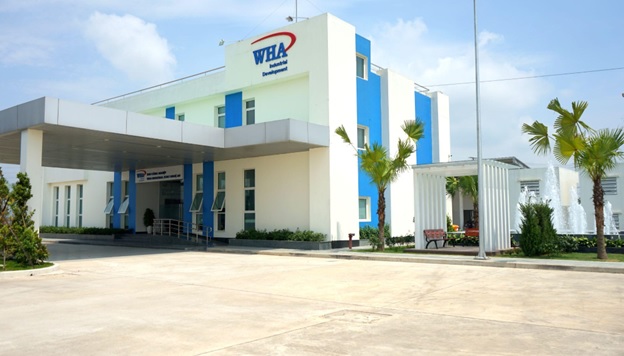
The question of how to invest in Vietnam by the foreign investors has been clarified in the above article. Through actions to update and modify investment regulations, Vietnam's legal corridor is gradually being extended to encourage the foreign investors. This means the door for investment is wide open for foreign investors who want to enter Vietnam — a dynamic and attractive market.
With this great attraction for foreign investors, how to invest in Vietnam?
1. List of eligible business
The foreign investors should check whether their product is on the list of allowed sectors before starting business in Vietnam. The State specifies a list of sectors that are allowed, not yet allowed, and restricted to the foreign investors.Regulations on the proportion of the foreign investors' capital when investing in Vietnam will be applied based on sectors and profession groups. The next step is the business registration procedure, which is an important step in identifying "How to Invest in Vietnam"
2. Steps for business registration
a. Step 1: Submit the project application for investment registration certificateFollowing the selection of the appropriate business sector, the foreign investors must clarify the investment project and complete the necessary procedures to submit it to the Department of Planning and Investment for the issuance of the Investment Registration Certificate.
Basic information to be provided includes: the name of the investment project, the objective, the investment scale, the investment capital, the term, the location, the progress, the labor demand, and any incentives under the Form I.13 of Circular No. 16/2015/TT-BKHDT.
b. Step 2: Register for the establishment of a foreign invested enterprise
The foreign investors must register to establish a foreign invested enterprise after receiving the investment registration certificate. The application will be submitted to the business registration office of the province/city where the enterprise is located, and the results will be returned within 5-7 working days.
c. Step 3: Register to submit your initial tax return and periodic tax reports.
Foreign-invested companies and Vietnamese companies both need to pay the following basic taxes:
• License tax, a tax based on the registered charter capital;
• Value added tax (VAT) ranges from 0% to 5% and 10% depending on the types of products and services that the unit registers.
• Corporate income tax. Normally, a company must pay income tax on 20% of its profits since it is earning profit. However, this tax rate may go up if the business provides specialized goods and services, such as oil and gas or resources.
• Some types of taxes by sector, such as import and export taxes when participating in import and export activities; resource taxes when businesses use resources; special consumption taxes when operating in restricted business lines; ...
d. Step 4: Registrations for foreign-invested enterprise authentication
Registration of the seal (round stamp) of the company: After acquiring a business license and a tax identification number, the enterprise will register for a round stamp.
Registering a foreign direct investment capital account: FDI enterprises are required to open a foreign currency account at a bank on the list of banks authorized to conduct lawful revenue and expenditure transactions in compliance with Vietnamese law.
e. Step 5: Apply for a business license with eligible business lines
Investors need to demonstrate that the sector is eligible to put into production and enter the market. Register the category of sublicenses for specific lines. Such as supplementing a business license, retail unit for a company that offers goods, training license by Department of Education and Training-issued, or a license to operate an overseas travel agency, ...
Note: Amendment to the investment certificate
During the operation, to avoid disputes, overlapping obligations, and interests afterward without being protected by Vietnamese law, a foreign-invested enterprise that wants to add or modify relevant content must follow the proper processes for amending the investment certificate.
To amend their investment certificate, investors must register in the following cases:
- Change the information directly related to investors: Edit the name of the investment project, the investor's name, and the investor's address;
- Additional modifications to portfolio investments such as project implementation location, planned land area, project scale, and objectives; investment capital (changes to capital contribution and capital mobilization schedule); operating time; and change in the investment project's capacity or the investor's requirements to implement the project; changes in incentives and investor support.
3. Procedures for establishment of a factory in Vietnam
The foreign investors need to register for the establishment of a manufacturing factory, in addition to the two main types of permits, Investment Certificate and Business Registration Certificate. The reason is due to real estate specifics and the large land bank. This is one of the difficult steps for the investors who do not have a manufacturing base in Vietnam, causing confusion when deciding how to invest in Vietnam.a. Forms of choosing a location to establish a manufacturing factory
- Sublease preconstructed facilities from the authorized Vietnamese rental companies.
- Renting land in hi-tech parks, industrial parks, export processing zones, investors will also benefit from special regulations for enterprises in industrial parks and export processing zones.
- Rent land directly from the State. The only limit of this option is that getting approval from the competent authorities may take more time and cost more money.
- Rent land directly from the State. The only limit of this option is that getting approval from the competent authorities may take more time and cost more money.
b. Apply for the approval of the environmental impact assessment report.
Some objects and projects are required to conduct assessments because the production process may have a negative impact on the environment (based on the sectors listed in Appendix II of Decree No. 18/2015/ND-CP of the Government) or carry out the procedures to verify the environmental protection plan and apply to Department of Natural Resources and Environment in the area where the factory is located.
Along with the principal steps, the foreign investors must still complete some basic procedures like tax payment, seal registration, fire safety certification, hanging signs, printing invoices, etc.
By this time, the investors should have understood the basic steps of how to invest in Vietnam. The foreign investors, however, should consult local experts and support agencies to understand the processes and laws.
Supporting services for the foreign investors entering the Vietnamese market
Many domestic agencies have developed services and solutions to assist foreign investors in overcoming their challenges and figuring out the best ways of how to invest in Vietnam.Covering a wide range of fields, including accounting-taxation, auditing, legal consulting, , etc. Services to help the investors in getting over obstacles to factory establishment processes, such as rental of factories, workshops, logistics, and industrial park facilities. One of the leading companies in comprehensive and optimal support for investors is WHA Group - A Leading developer of fully equipped industrial ecosystem, bringing international standards from Thailand to Vietnam.

With the support of WHA, the foreign investors can secure factory locations without concern for the difficulties of factory establishment.
Located in Nghe An with WHA Industrial Zone 1 – Nghe An and planned to develop WHA Smart Technology IZ – Thanh Hoa, WHA ensures to meet the standards of the State and serves the foreign investors who want to rent industrial factories from small to large scale. WHA in Vietnam is one of the few innovators to have introduced the model of leasing logistics facilities, providing exclusive supply of clean water, and applying technology to operate smart industrial parks, due to the foundation of international standard facilities and technology progress of WHA's Thailand-based company.The question of how to invest in Vietnam by the foreign investors has been clarified in the above article. Through actions to update and modify investment regulations, Vietnam's legal corridor is gradually being extended to encourage the foreign investors. This means the door for investment is wide open for foreign investors who want to enter Vietnam — a dynamic and attractive market.
Other news
-
Vietnam
Nghe An Office:
Lot AC1-1, WHA Industrial Zone 1 - Nghe An, Nghi Long Commune, Nghi Loc District, Nghe An Province, Vietnam
E-mail: invest@whavietnam.com
Website: www.whavietnam.com
-
Hanoi Office:
4th Floor, Tower 2, Capital Place, No. 29 Lieu Giai Street, Ngoc Khanh Ward, Ba Dinh District, Hanoi, Vietnam
Tel: (+84)24 3574 6999
E-mail: invest@whavietnam.com
Website: www.whavietnam.com
-
Thailand
International Department
777 WHA TOWER, 23rd - 25th Floor, Moo 13, Debaratna Road (Bangna-Trad) KM.7, Bang Kaeo, Bang Phli, Samut Prakarn 10540
Tel: (+66) 2 719 9555
E-mail: marketing@wha-group.com
Website: www.wha-industrialestate.com
Site map
Copyright © 2020 WHA Vietnam. All rights reserved.


